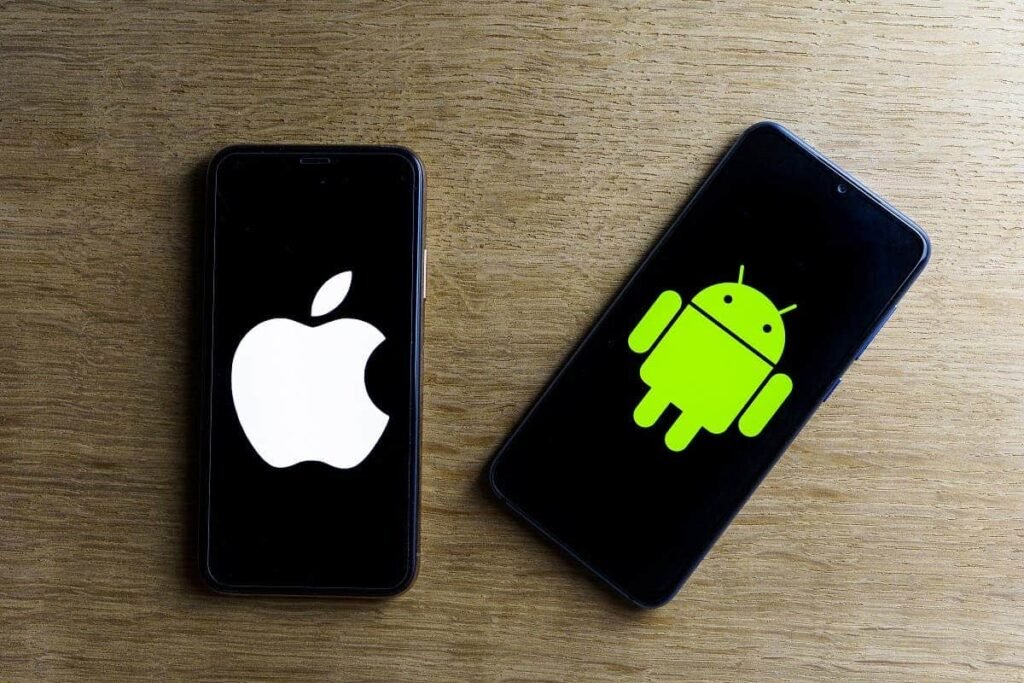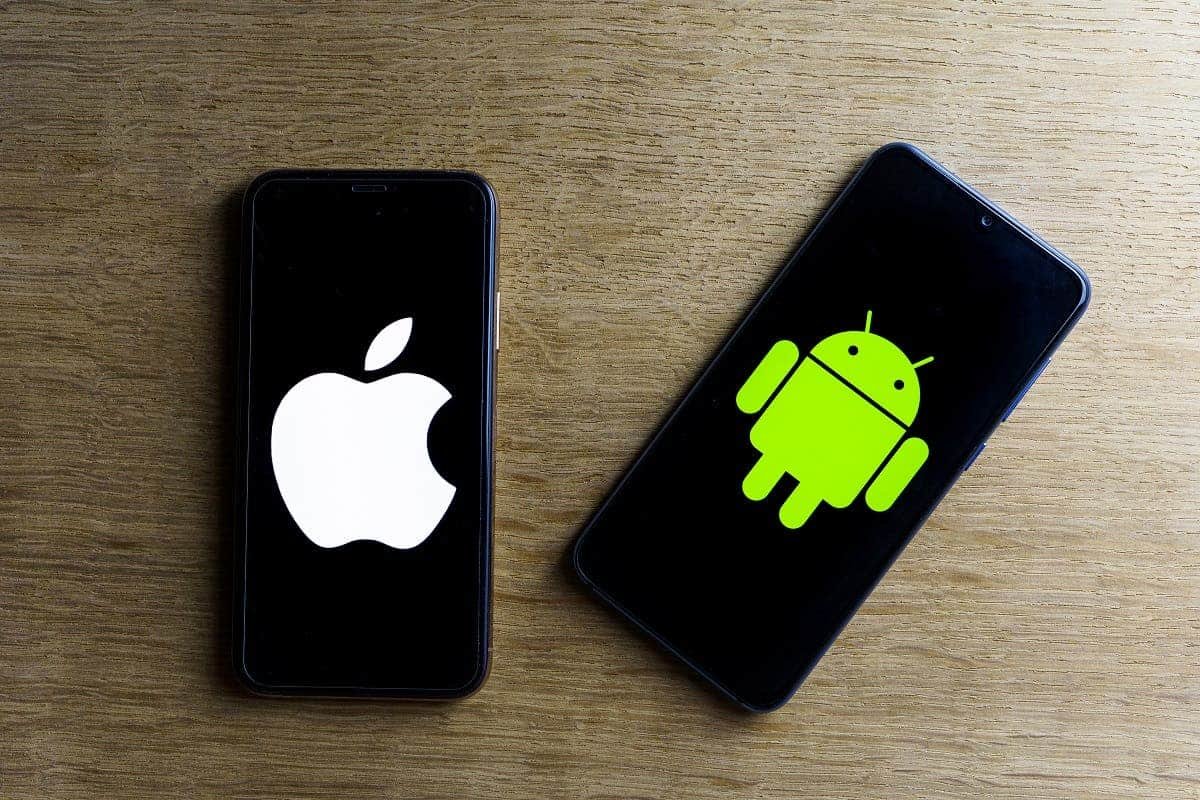
How to Choose the Best Smartphone for Your Needs?
Selecting the right smartphone can be overwhelming given the multitude of options available. Here are some key factors to consider:
- Operating System: Choose between iOS and Android. iOS, exclusive to Apple devices, is known for its seamless integration with other Apple products and a user-friendly interface. Android offers more customization options and is available on a wide range of devices from different manufacturers.
- Budget: Determine how much you are willing to spend. Smartphones range from budget-friendly to premium models. High-end smartphones often feature better cameras, displays, and processors but come at a higher cost.
- Camera Quality: If photography is a priority, look for a phone with high megapixel counts, good low-light performance, and additional features like optical zoom and multiple lenses.
- Battery Life: Consider a phone with a battery that can last all day based on your usage patterns. Look for devices with a minimum of 3000mAh for moderate use.
- Storage Capacity: Depending on how you use your phone, opt for sufficient internal storage. If you store a lot of media files, consider phones with higher storage or expandable memory options.
- Display Size and Quality: Larger screens are great for media consumption and multitasking, but they might be less comfortable for one-handed use. Also, consider the display quality (resolution, brightness, color accuracy).
- Performance: For smooth performance, especially for gaming or heavy multitasking, look for devices with higher RAM and the latest processors.
- Additional Features: Features like water resistance, wireless charging, 5G support, and fingerprint or facial recognition can enhance your experience.
What are the Pros and Cons of iOS vs. Android?
iOS (Apple)
Pros:
- User-friendly interface with a consistent design across devices.
- Regular software updates and security patches.
- Strong ecosystem with seamless integration with other Apple devices (Mac, iPad, Apple Watch).
- High-quality apps due to Apple’s strict App Store guidelines.
Cons:
- Limited customization options.
- More expensive compared to many Android devices.
- Less variety in hardware choices.
- No expandable storage options.
Android
Pros:
- Highly customizable interface and settings.
- Wide range of devices from various manufacturers at different price points.
- Supports expandable storage with microSD cards.
- Greater control over system settings and app management.
Cons:
- Software updates can be slow and vary by manufacturer.
- Some devices may come with pre-installed bloatware.
- Security can be less stringent due to the open nature of the platform.
How to Improve Battery Life on Your Smartphone?
- Adjust Screen Brightness: Lower the screen brightness or enable adaptive brightness to save battery.
- Use Battery Saver Mode: Most smartphones have a battery saver mode that limits background activity and reduces performance to conserve battery life.
- Turn Off Unnecessary Features: Disable Wi-Fi, Bluetooth, GPS, and NFC when not in use.
- Limit Background Apps: Close or limit apps running in the background, especially those that frequently refresh or use location services.
- Update Apps and Software: Ensure your phone’s software and apps are up-to-date to benefit from battery optimization features.
- Manage Notifications: Limit app notifications to reduce battery drain caused by frequent wake-ups.
What is 5G and How Will It Change Mobile Internet?
5G is the fifth generation of mobile network technology, offering significantly faster speeds, lower latency, and increased capacity compared to 4G. Here’s how it will change mobile internet:
- Speed: 5G can offer download speeds up to 10 Gbps, enabling faster streaming, downloading, and real-time gaming.
- Low Latency: With latency reduced to milliseconds, 5G enables smoother experiences in applications like virtual reality (VR), augmented reality (AR), and autonomous driving.
- Capacity: 5G can support more connected devices simultaneously, making it ideal for smart cities and the growing Internet of Things (IoT).
How to Keep Your Smartphone Secure?
- Use Strong Passwords and Biometrics: Set a strong password, PIN, or pattern, and enable fingerprint or facial recognition for an extra layer of security.
- Install Apps from Trusted Sources: Download apps only from official app stores like Google Play or the Apple App Store.
- Enable Two-Factor Authentication: Use two-factor authentication (2FA) for important accounts to add an extra layer of security.
- Keep Software Updated: Regularly update your phone’s operating system and apps to protect against vulnerabilities.
- Avoid Public Wi-Fi for Sensitive Transactions: Use a VPN or avoid accessing sensitive information over public Wi-Fi networks.
Sitelinkpro Tools
Sitelinkpro offers convenient online tools to simplify your digital tasks:
- PNG to JPG Converter: Convert images from PNG to JPG format quickly, ideal for reducing file size.
- English Dictionary: Enhance your vocabulary with comprehensive definitions and word usage examples.
- Remove Image Background: Easily remove backgrounds from images for professional-looking results.




